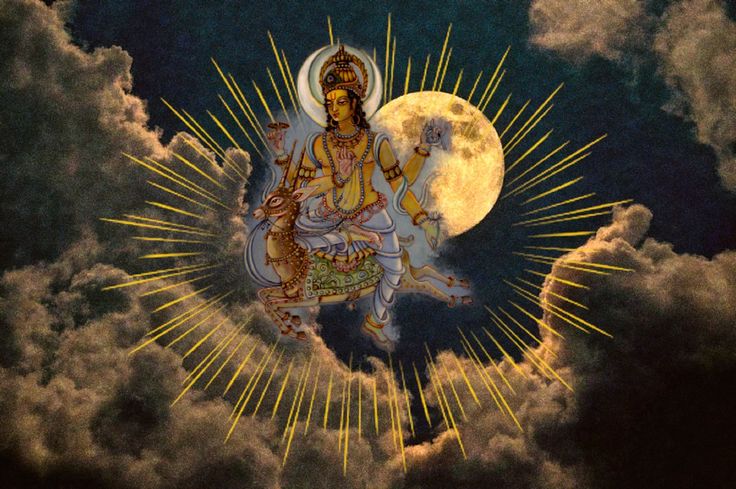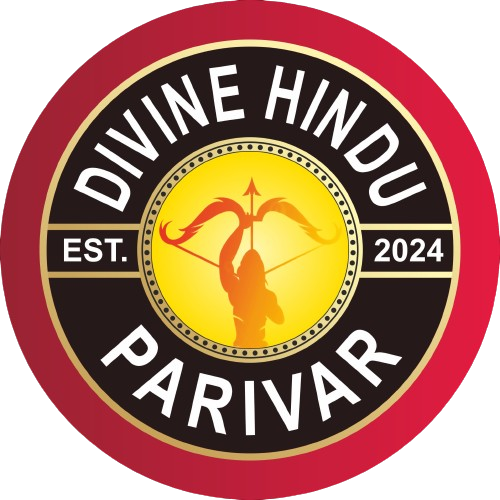
Soma is a deity in Hinduism associated with a sacred and hallucinogenic beverage called “Soma.” The worship of Soma is prevalent in the Vedas, the most ancient and revered texts of Hinduism. Soma is not personified as a god in the same way as many other Hindu deities, but its role is highly significant in Vedic rituals and mythology.
Here are some key aspects of Soma:
- Divine Beverage: Soma is a sacred and mysterious drink that plays a central role in Vedic rituals and sacrifices. It is often described as a plant or a heavenly elixir, which is prepared and consumed during religious ceremonies. The exact identity of the plant from which Soma was derived has been a subject of debate, but it is commonly believed to have psychoactive properties.
- Role in Rituals: The consumption of Soma was believed to bestow spiritual and mystical experiences, connect worshipers with the divine, and enhance the effectiveness of Vedic sacrifices. It was seen as a bridge between the human and divine realms.
- Soma Hymns: Several hymns in the Rigveda, one of the oldest and most important Vedic texts, are dedicated to Soma. These hymns praise Soma as a deity and the drink’s powerful effects.
- Personification: While Soma is not typically personified as a deity, there are hymns and verses that describe it as having qualities of a god. It is often referred to as “the king,” “the lord of plants,” or “the best healer.”
- Decline in Worship: The worship and use of Soma gradually declined over time, and its identity became less clear in later Hinduism. Some scholars suggest that the decline of Soma worship may have been due to the difficulty in obtaining the actual plant, as well as the changing religious and philosophical landscape of Hinduism.
Soma’s significance lies in its role in the ancient Vedic rituals and the spiritual experiences it was believed to induce. While the use of the actual Soma plant and its rituals may have diminished, its symbolism as a divine elixir and a bridge to the divine continues to hold an important place in the history and understanding of Hinduism.
Soma, also called as Indu or Soma-Pavamana, is one of the most important deities in the Rgveda. The entire ninth Mandala is devoted to his praise. He is the presiding deity of the Soma creeper whose juice is often used in sacrifices as offering and also drink. He is sometimes praised as the Supreme God. He cures the mortals of their diseases, gives them joy and leads them to immortal blissful worlds. It was because of the power he bestowed that Indra was able to do wonderful deeds and slay the demon Vrtra. He rules over the mind and activates speech.
Hence he is sometimes described as Vacaspati, ‘lord of speech’. It is he who makes ordinary mortals Rsis, wise sages. He creates the worlds, rules over mountains and rivers.
The name Soma has been used in the Rgveda for the deity that animates the Soma creeper, the juice of the creeper itself, as also the moon. In later literature, Some has been practically identified with the moon itself. Scholars opine that the deity Homa of the Zend-Avesta is this Soma itself.
